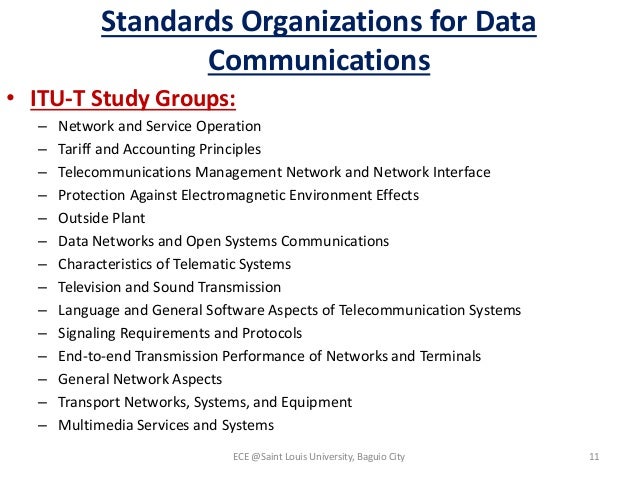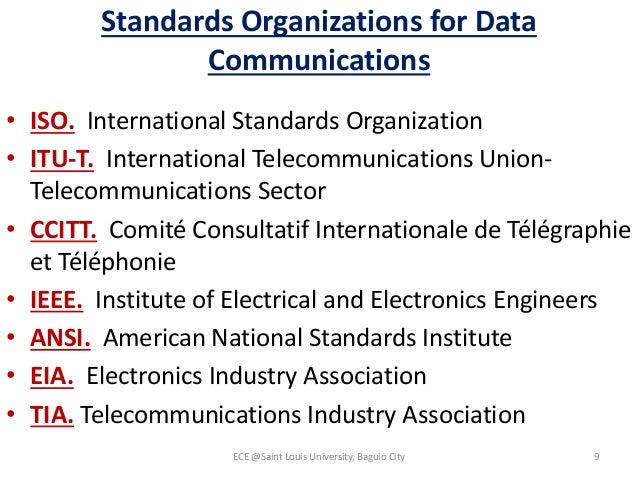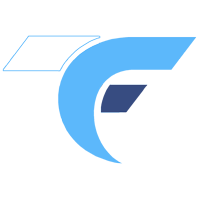Standards Organizations for Data Communications

Standards Organizations for Data Communications
Because of the wide number of hardware manufacturers, a standard is essential in order to connect one computer to another computer if a different type. There are recognized and widely accepted standards governing how data is to be transmitted, whether asynchronously, parallel, or synchronously. Standards govern the format of the data, and also specify the hardware details like voltages to use, bit durations, speeds etc.
The major organisations responsible for standards are
- Electronics Industries Association (EIA)
Made up by manufacturers in the USA, and is responsible for RS232 and similar standards. - Institute of Electrical and Electronic Engineers (IEEE)
Professional organization of engineers. An example is the IEEE-754 standard for representing floating point numbers.
http://www.ieee.org/ - American National Standards Institute (ANSI)
Represents a number of US standards organizations. Member organizations submit their standards for acceptance. An example is the ANSI standards for representing ASCII characters.
http://www.ansi.org/ - International Organization for Standards (ISO)
Has standards covering a wide range of computer related topics. The US representative is ANSI. An example is ISO9000 standard for quality assurance.
http://www.iso.ch - International Telecommunications Union (ITU)
The ITU co-ordinates international communications and recommends standard interfaces and policies for the interconnection of national networks. It is also involved with allocation of satellite frequencies and orbits. Members of the ITU are industry representatives from member countries.
http://www.itu.ch


